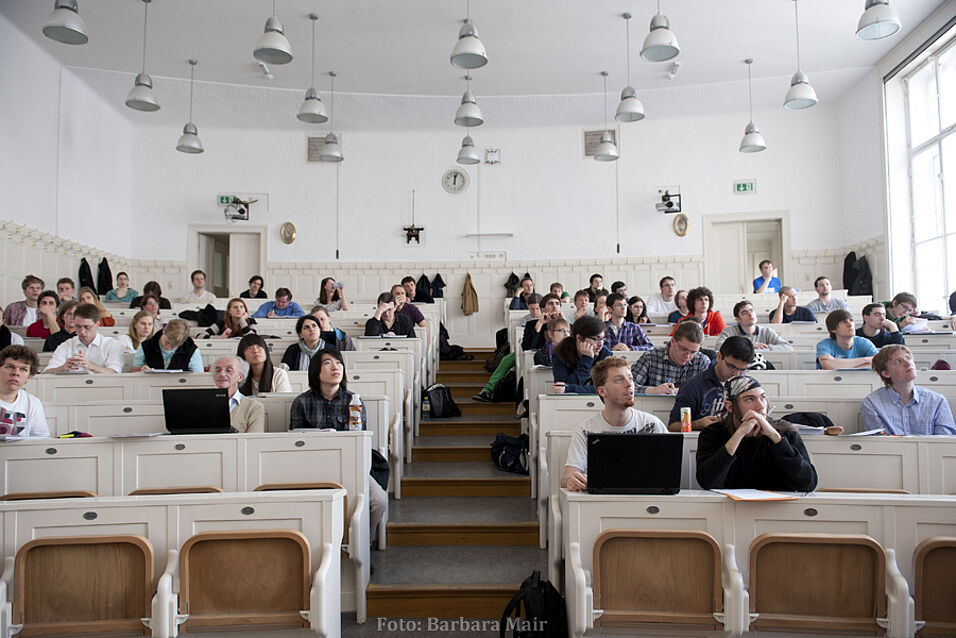1. Vorlesung im Rahmen der Schrödinger-Gastprofessur 2019
Thirty-five years after it was postulated as a key component of the theory of weak interactions, the Higgs boson was discovered at the CERN Large Hadron Collider in 2012. Since that time, the major couplings of the Higgs boson have been measured at the LHC, with results in good accord with the simplest theoretical expectations. They are consistent with a picture in which the Higgs field has a nonzero amplitude everywhere in space, the result of a phase transition that took place in the early universe, and this field value gives mass to all known elementary particles. However, we should not be complacent. We have no explanation of why this phase transition took place, or why the other interactions of the Higgs boson are as we see them. This mystery goes to the heart of elementary particle physics. The answers to other important fundamental questions -- the values of the quark and lepton masses, the origin of neutrino masses, the origin of CP violation -- all depend on the answer to this question. In this colloquium, I will describe what we know about the Higgs boson today and the prospect for learning more in the future from high-precision measurements of the Higgs boson's interactions.

